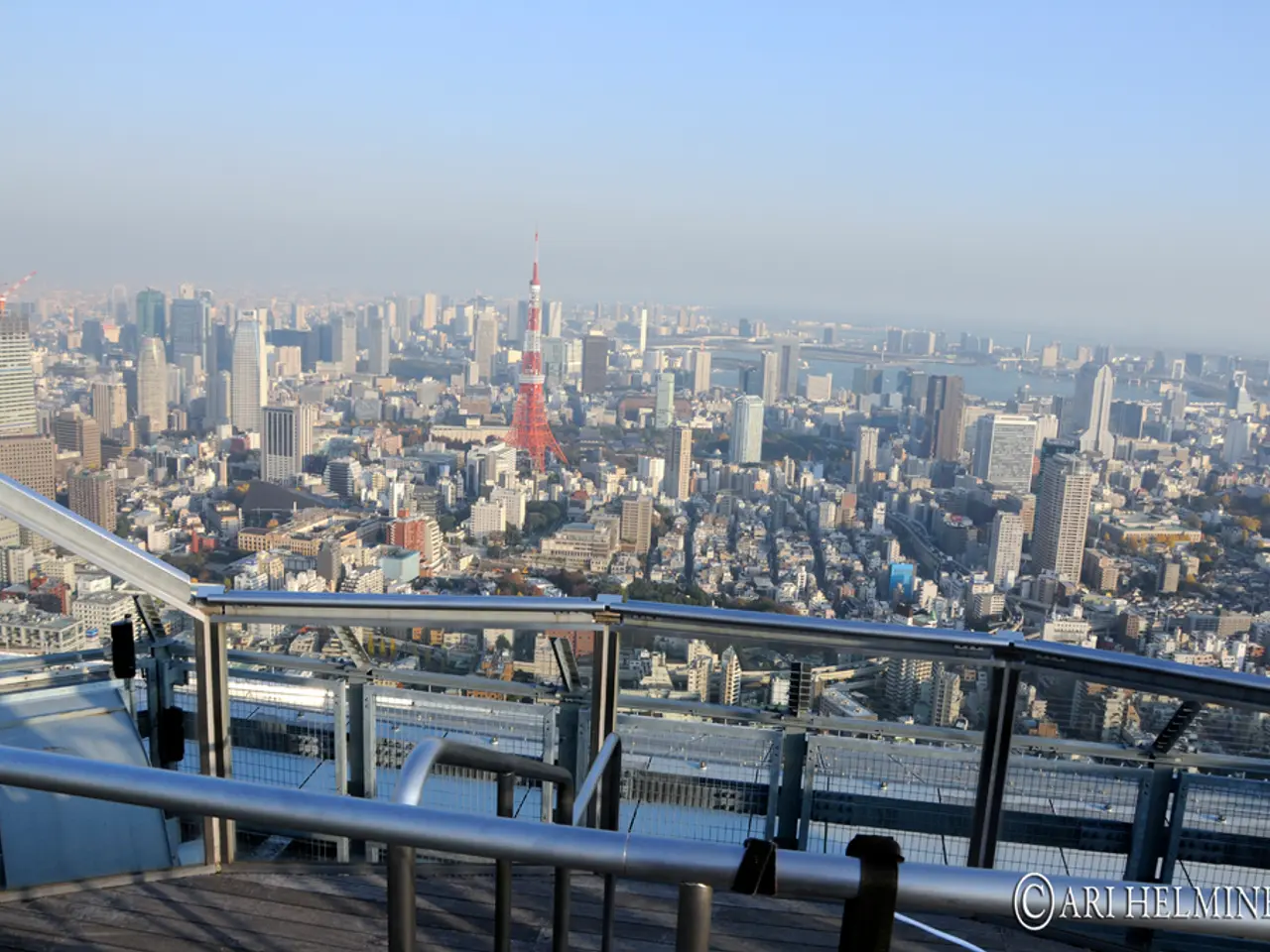Union negotiations between city officials and workers at DC33 continue to stagnate, marking the start of the sixth day of a labor strike. Despite efforts to reach a compromise, no agreement has been met.
The ongoing strike by AFSCME District Council 33 against the city of Philadelphia, now in its sixth day, has led to significant disruptions in essential services. The union represents approximately 9,000 city employees who provide critical services such as 911 dispatch for fire and police, trash and recycling collection, street and water department maintenance, airport services, revenue collection, health services, and enforcement by the Department of Labor and Industry.
Negotiations between the union and the city administration have been ongoing but have stalled, with the union demanding higher wages and improved health care benefits for its members. The city administration, on the other hand, has emphasised its commitment to safeguarding residents' wellbeing while respecting workers' rights. However, no agreement has been reached, and no new date for talks has been announced.
The most noticeable impact of the strike is the accumulation of trash on city streets, particularly on Wyalusing Avenue, where garbage lines the streets at a temporary drop-off site. Residents in the area have expressed concerns about health and odor issues due to the dumping of trash all day and night. Some have argued that the workers deserve a living wage.
The strike has also affected some city departments, such as police dispatch and public health, as their workers are on strike. The city has filed court injunctions attempting to bring some employees back to work to mitigate service disruptions. Incidents such as sanitation workers being injured in a hit-and-run while picketing have been reported.
The strike, which is the first for this union since 1986, has garnered support from labour solidarity groups such as AFSCME Council 13 and the Philadelphia AFL-CIO, who have urged Mayor Parker to make a contract offer that supports living wages and respect for workers. Public sentiment appears mixed, with some Philadelphians facing inconvenience due to service disruptions but also recognising the union's call for fair treatment and compensation.
Union leaders and city officials have not yet responded to the latest negotiation, but the mayor's office has stated that they will continue working towards a fair and fiscally responsible contract. City leaders have also legally ordered staff members for the 911 call center, medical examiner's office, and water department to return to work. Older residents living near Wyalusing Avenue are exposed to the unpleasant odor, and some Philadelphians feel as though they're paying the price due to the garbage piling up in their neighborhoods.
Union leaders hope to meet again on Sunday for further negotiations. Meanwhile, a rooster is seen walking away from the garbage on Mascher and Cambria streets in Fairhill. City leaders have reiterated their commitment to following their emergency plan to deliver essential services and maintain public safety. As the strike continues, both sides are under pressure to reach a resolution that addresses the union's demands for better wages and benefits while ensuring the city can maintain its services and fiscal responsibility.
Scientists are examining the health and wellness implications of the ongoing strike, particularly focusing on the accumulation of trash on city streets and its potential impact on residents' wellbeing. The political landscape is further complicated as the strike has garnered public attention, with general news outlets reporting on the mixed sentiments of Philadelphians and the support from labor solidarity groups. The discourse also includes discussions on workers' rights, living wages, and the city's fiscal responsibility.




